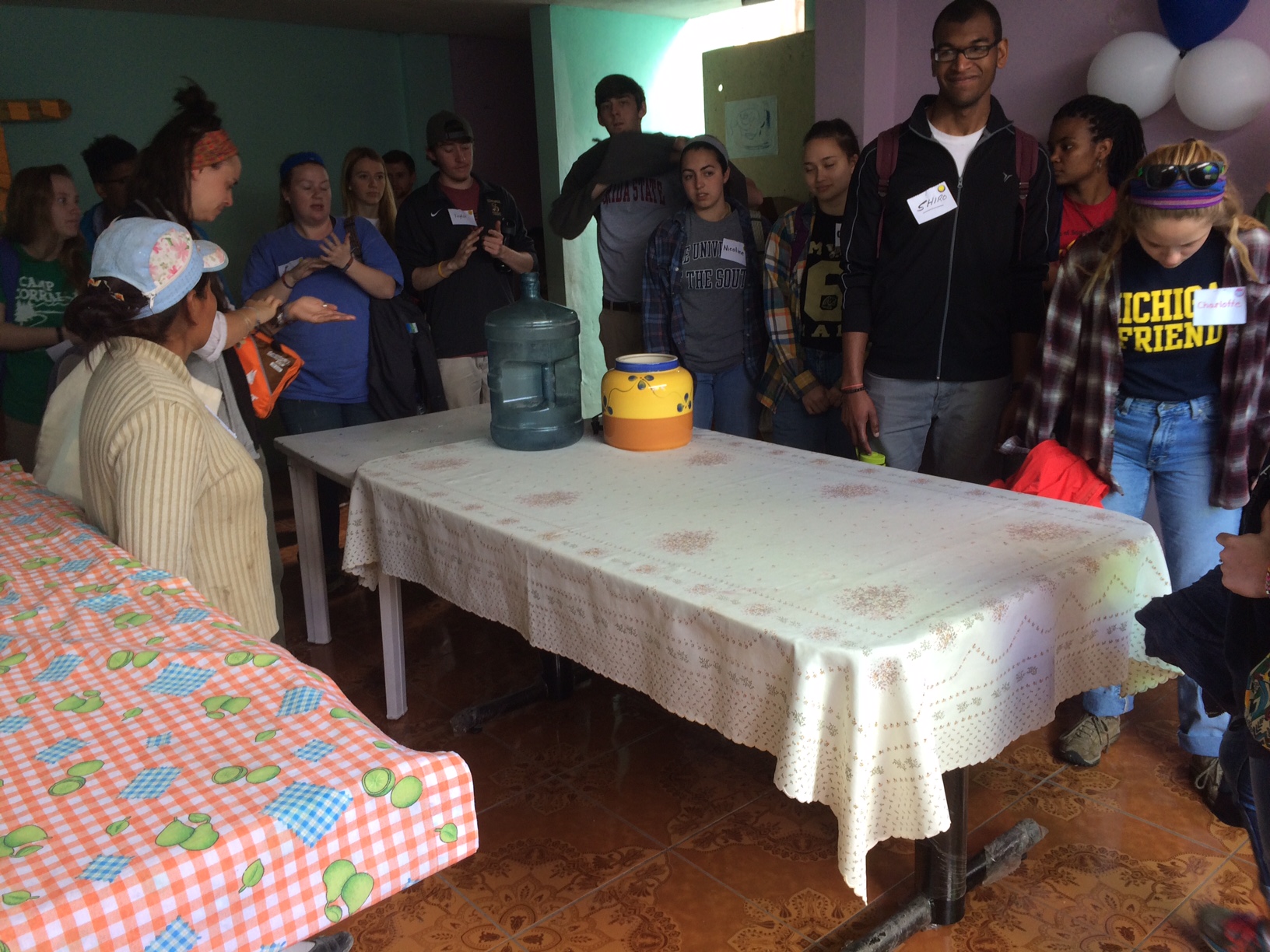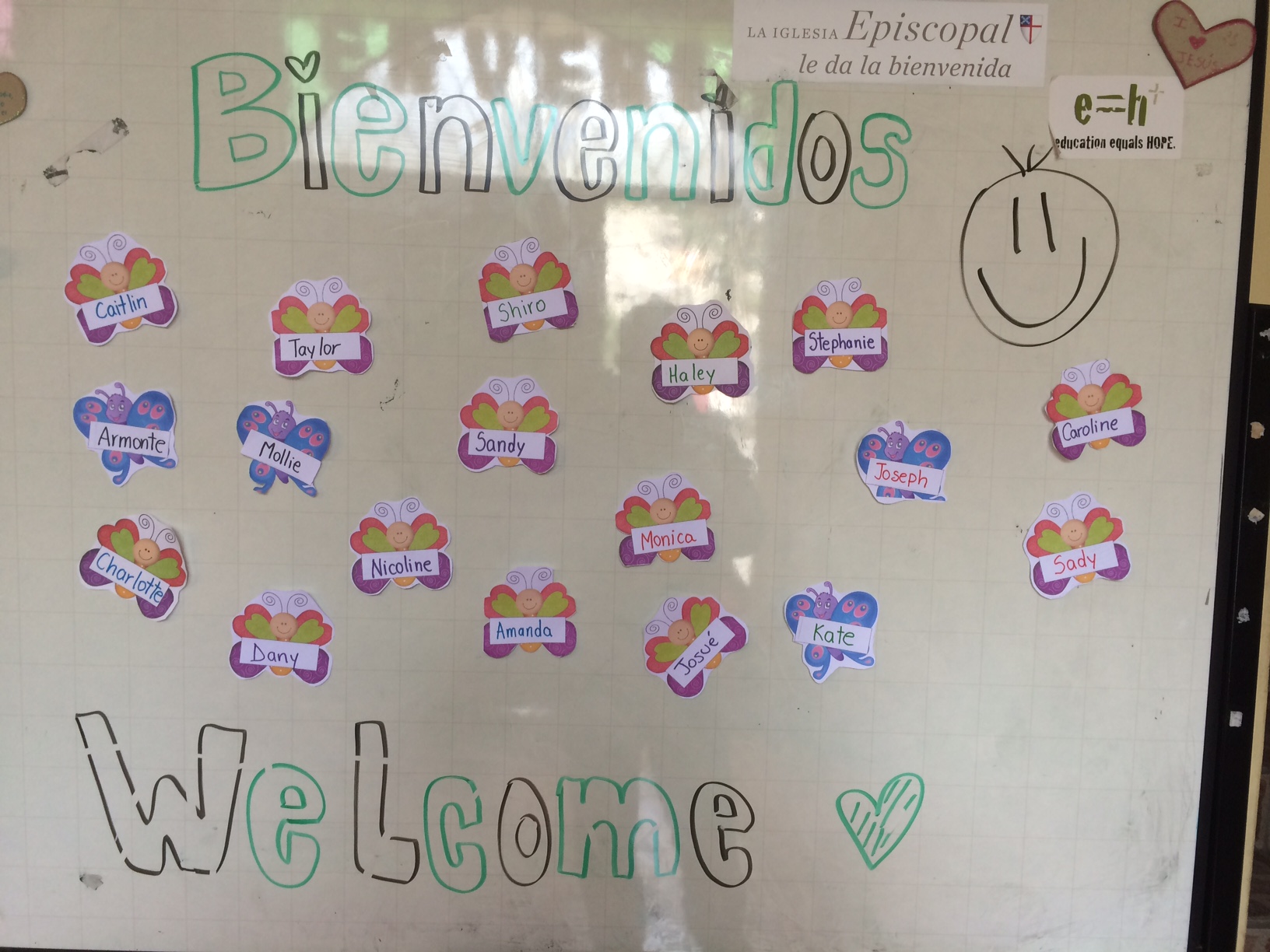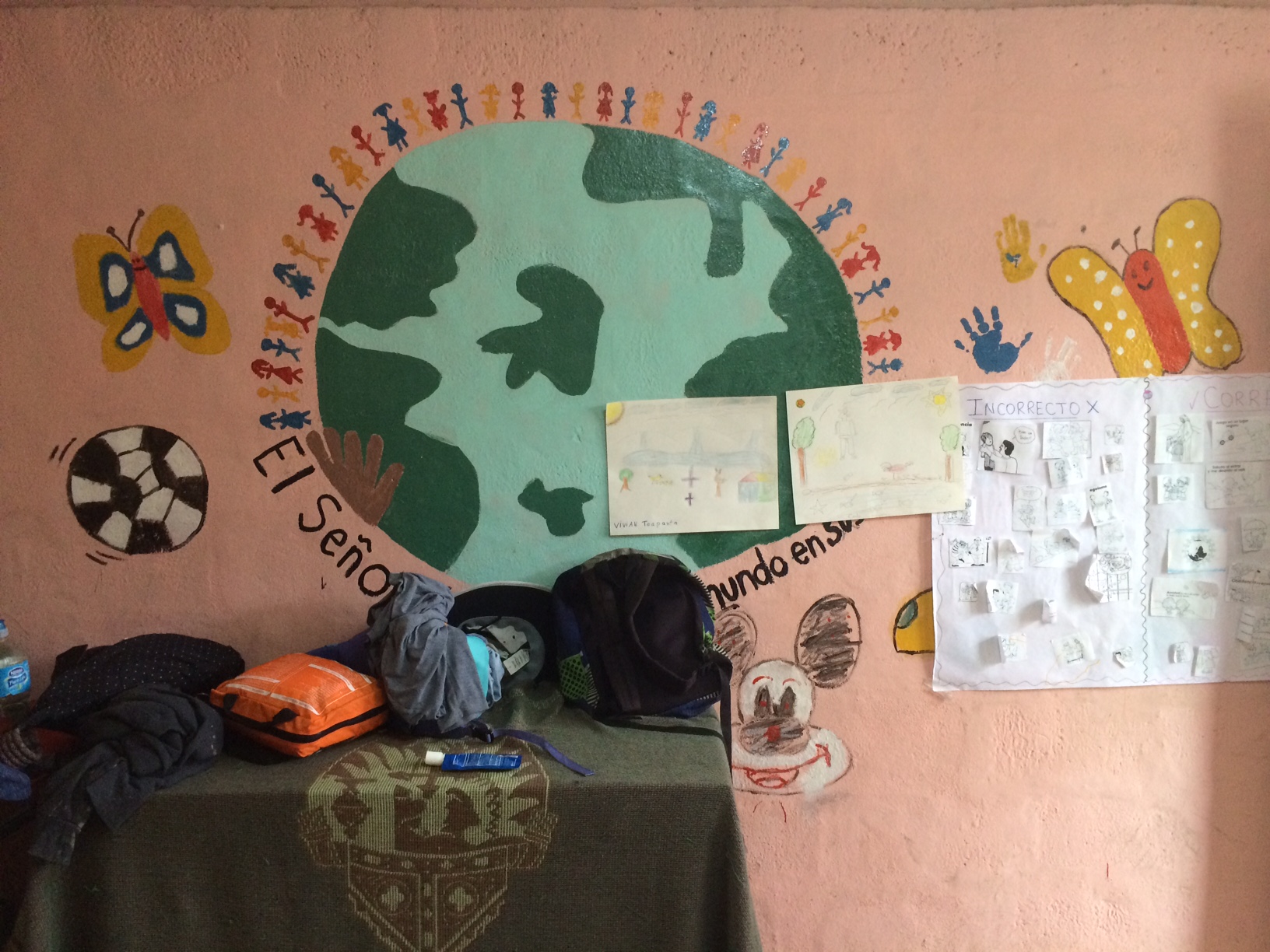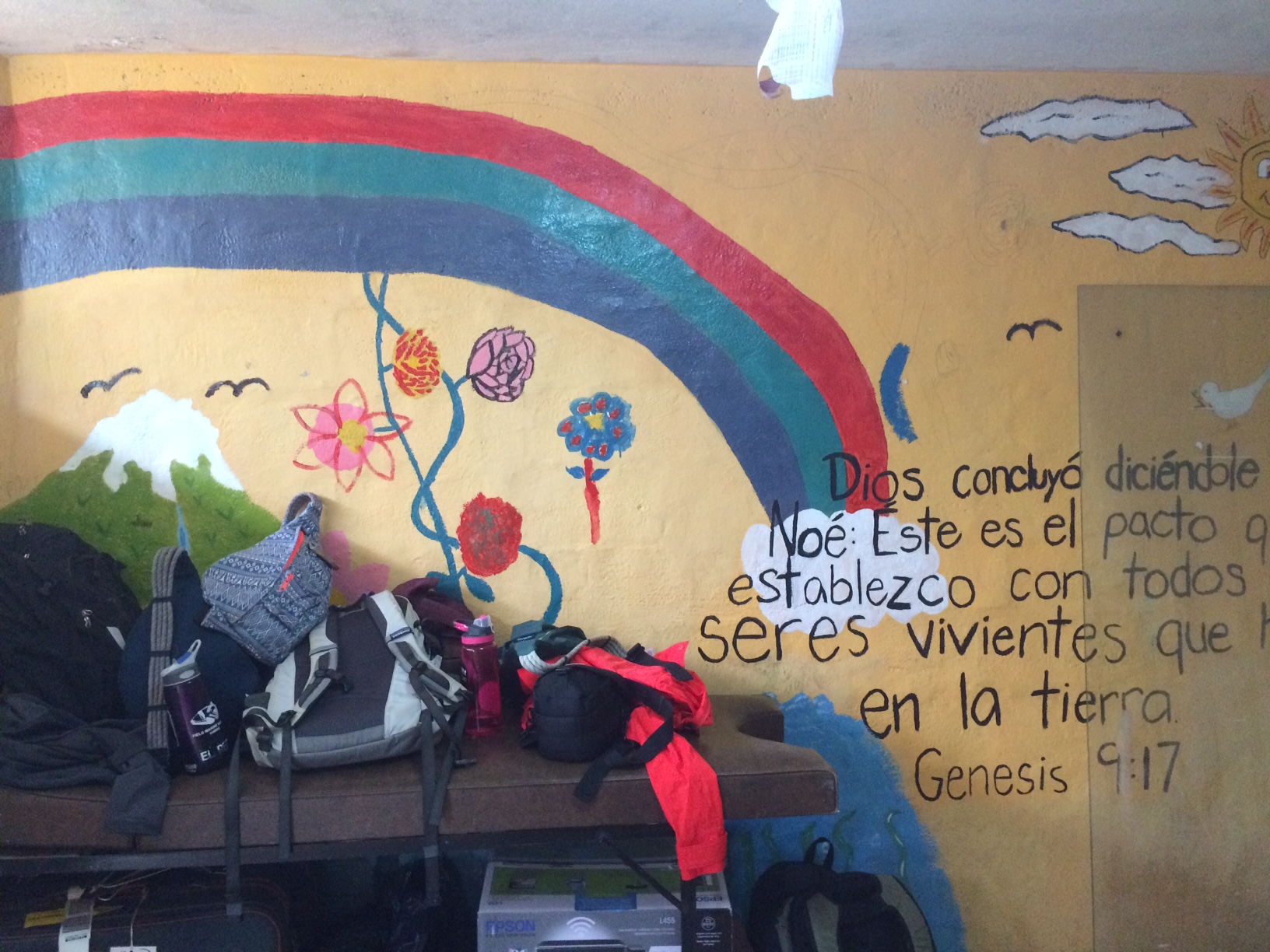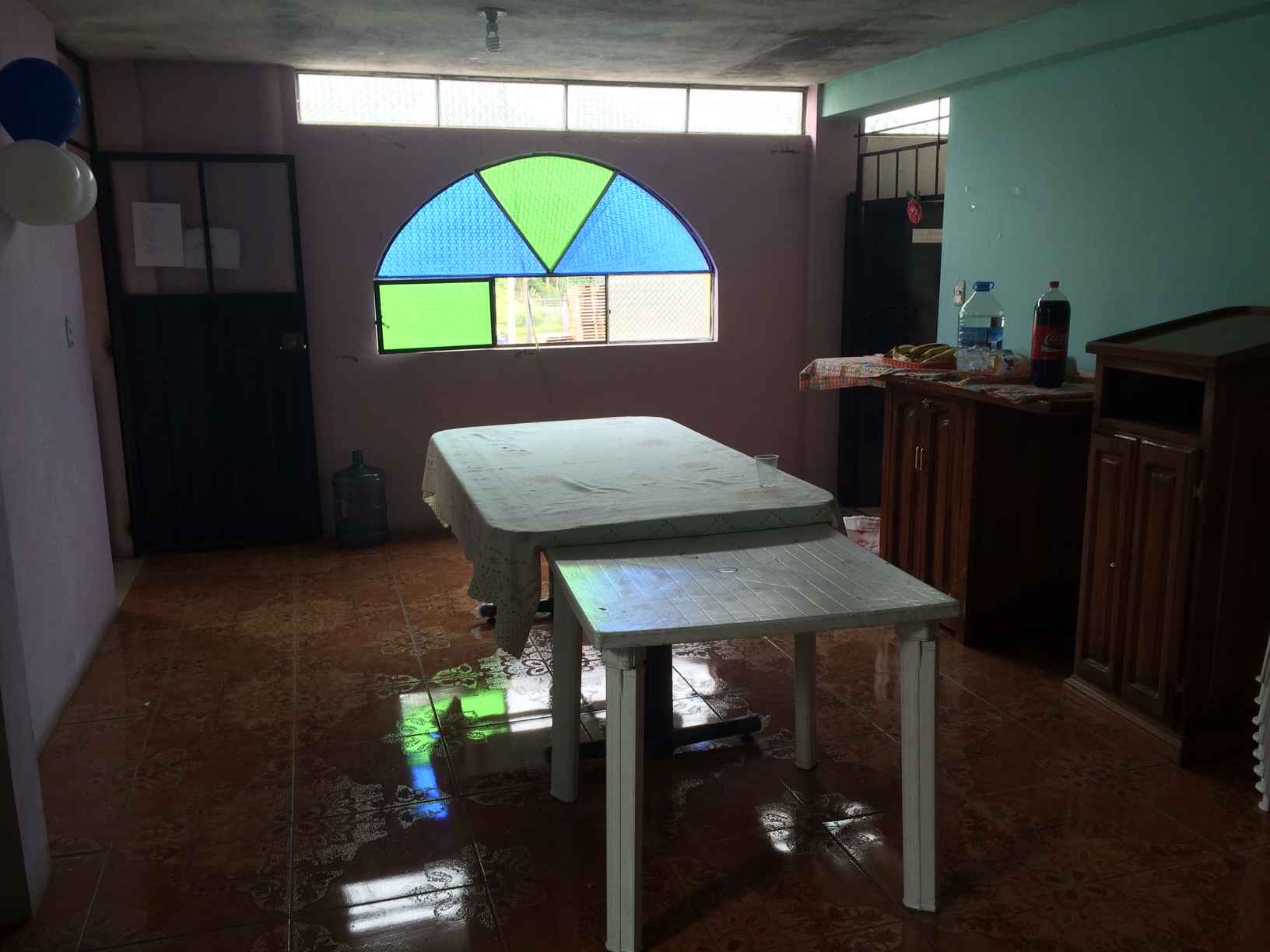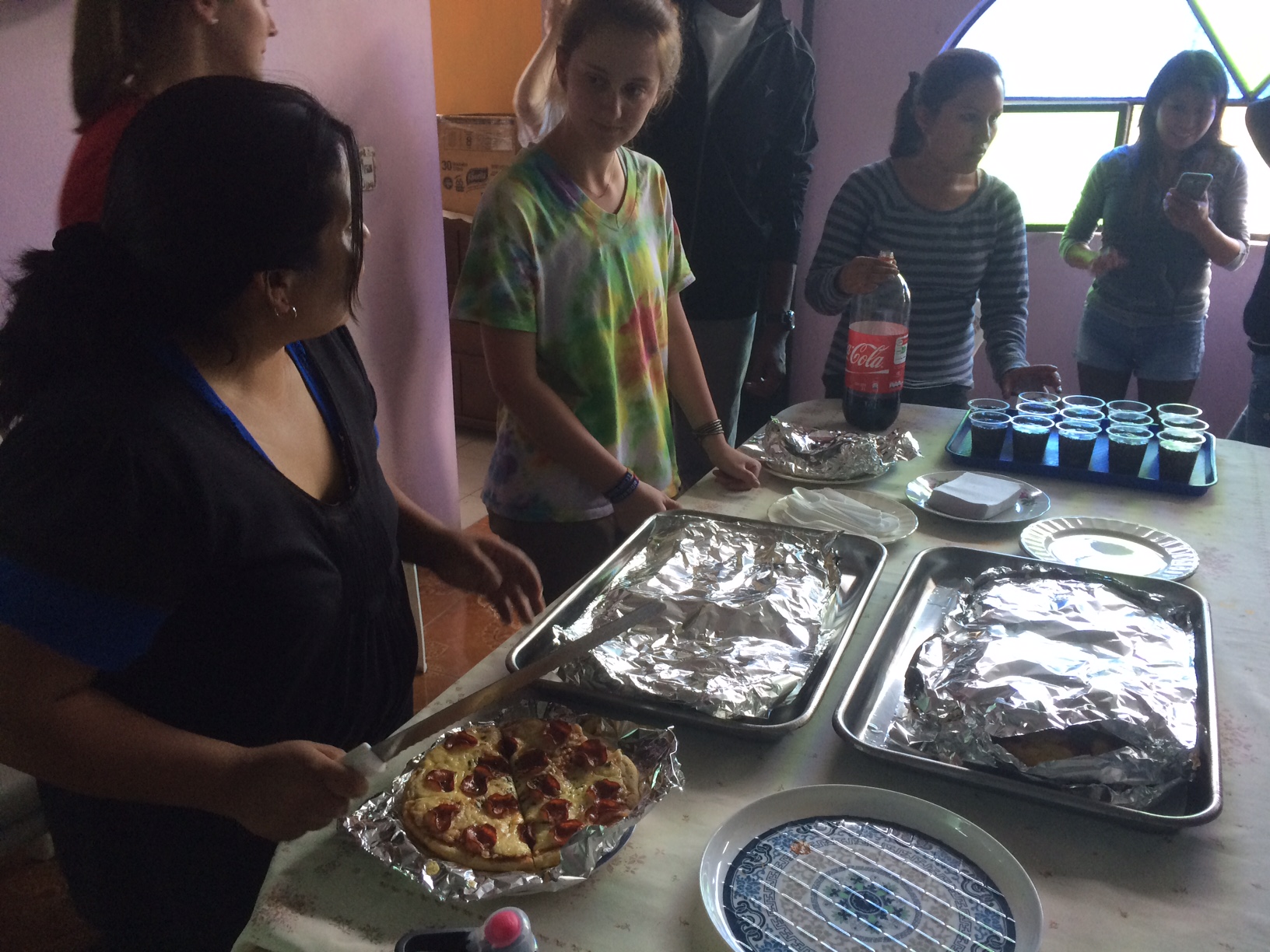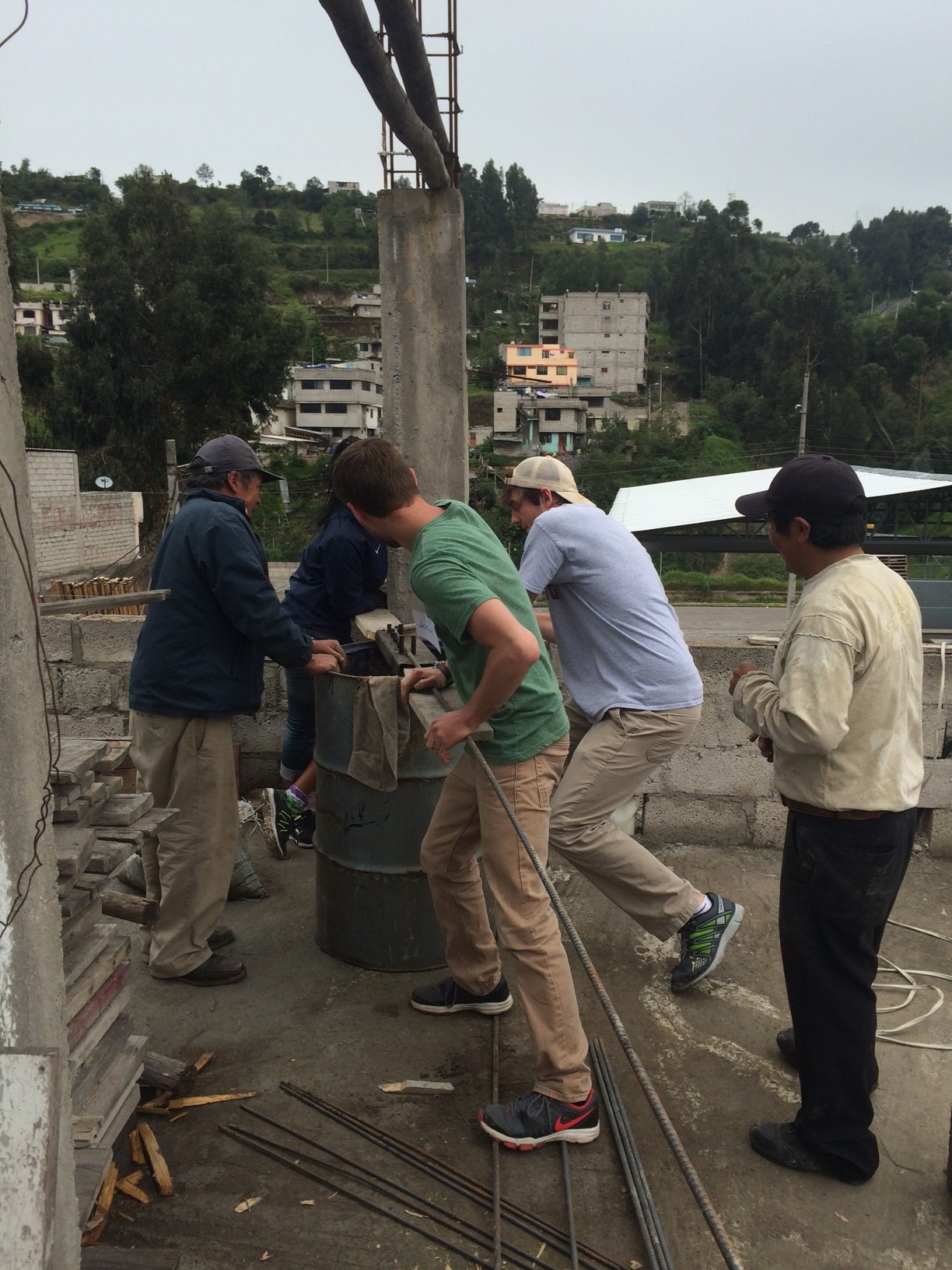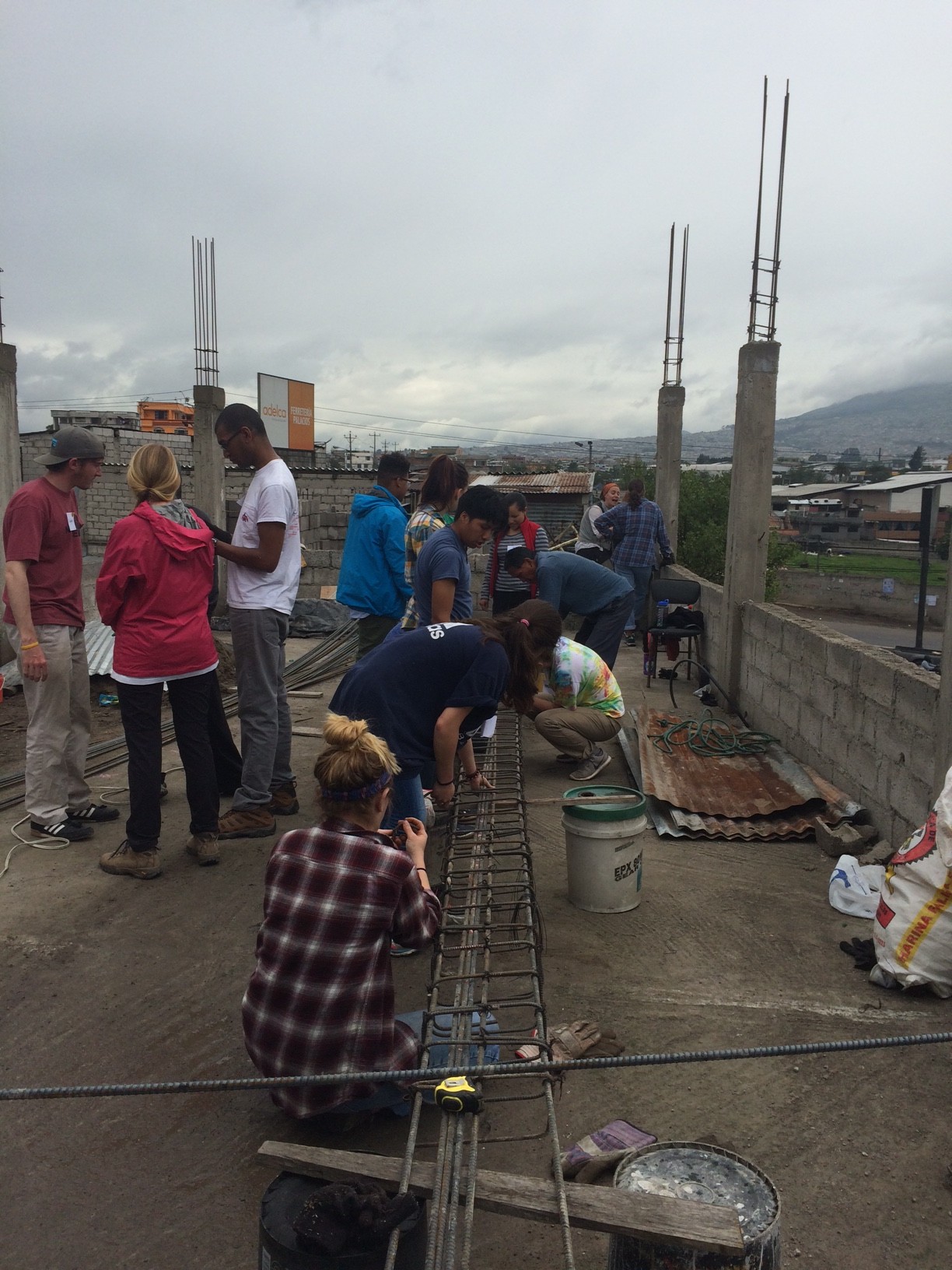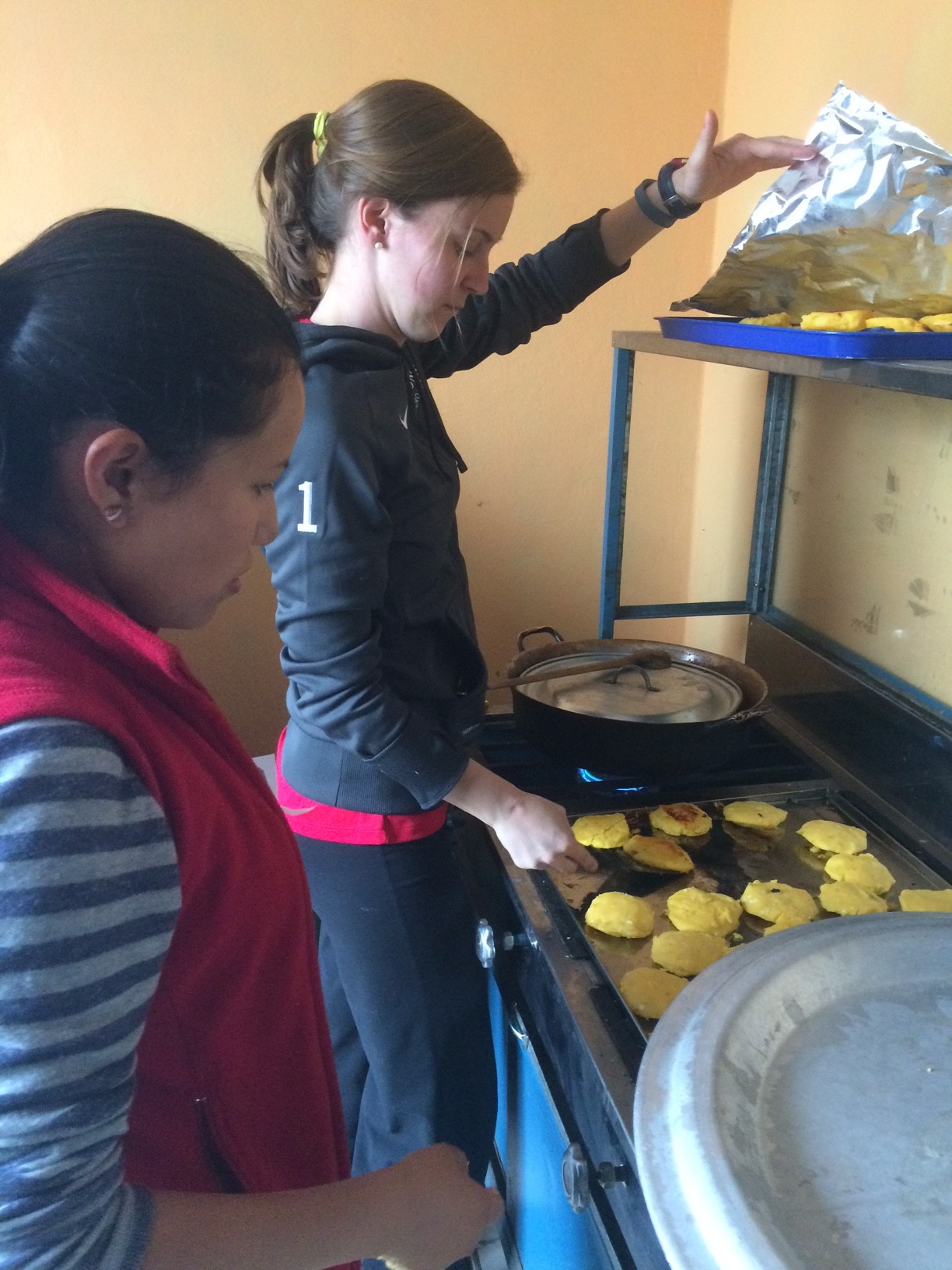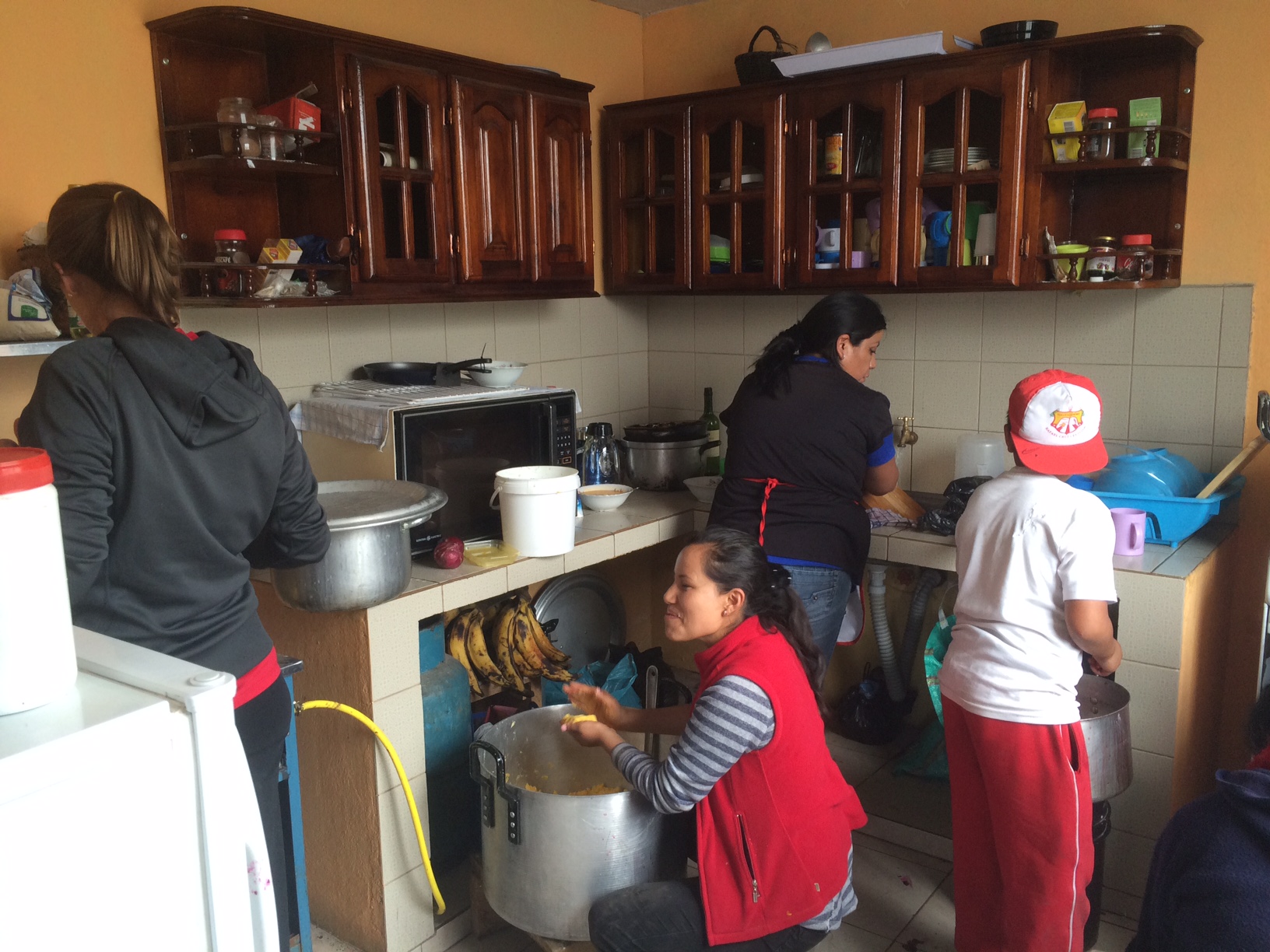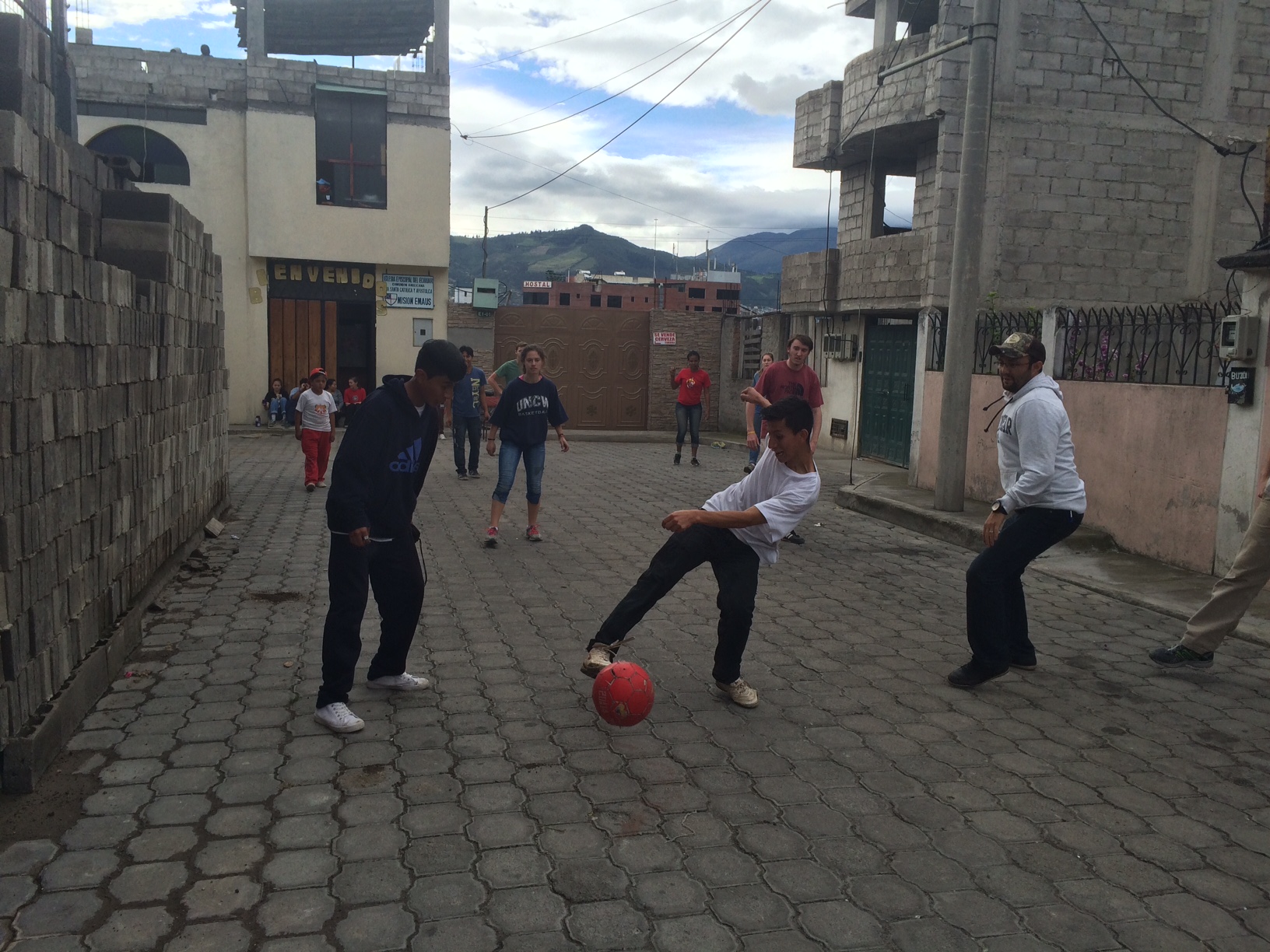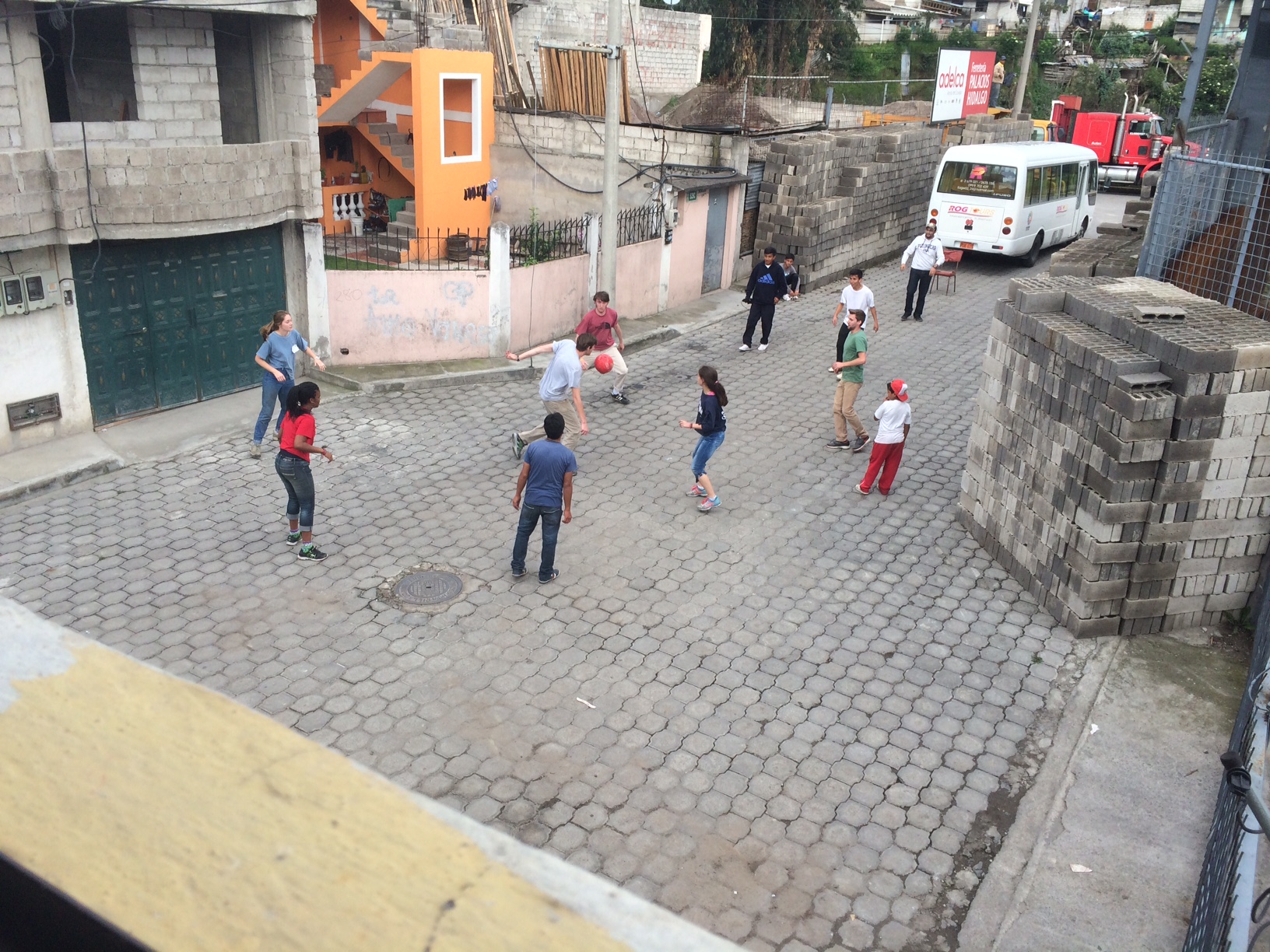I’ve begun writing some thoughts/devotions/articles for my youth group emails, and the one that went out today just seemed more like something that I would typically post on my blog. So here it is.
About this time nine years ago I began telling people that I was going to Ecuador for two weeks out of my summer. Most people seemed to think that was pretty cool. This time eight years ago I began telling people I was going back to Ecuador to work for the entire summer, and the reaction tended to be more impressed. Seven years ago I began telling people that I was moving to Ecuador for an entire year, and people at that point began to be concerned for my mental health. These days I find myself in conversations where I’ll say “I just got back from a couple weeks in Ecuador,” and someone will say “Oh, I didn’t even realize you were gone.” Ecuador, Youth World, and hosting Quito Quest teams have all simply become a part of the rhythm of my life.
This year, it was Phil Payne who made an observation about this phenomenon. Phil is one of the Directors at Youth World, and many years ago was my boss in the Short Term Teams department. He was asking me about my time off from church and working with Quito Quest this year and I joked about it. I told him that I think “Pastor Joe lets me come down here for a couple of weeks each year so I can get my fix and he doesn’t have to worry about my moving away from North Carolina.” Phil’s response was “That’s a smart senior pastor.” And Phil (who would much rather that I did just move down to Ecuador) elaborated that this continued experience effects the way that I minister, the way that I teach the Gospel, and the way that I perceive God and his work in my life and his world. “You get refreshed here and you take that back to your regular context.”
Hosting Quito Quest teams is certainly not a vacation. It’s been described by one former staff member as “The most work on the least sleep you’ve ever gotten in your life.” But connecting to God and his people outside your routine is refreshing in a spiritual sense, even when it might not be in a physical sense. God speaks to us wherever we are. He teaches us wherever we are. But our environment can change our perception. I hope that you look around during your spring break. During your vacation or stay-cation or regular routine and actually become aware of what it is that God has to teach you in this season. Look for God’s rhythms so that you allow him to refresh your soul.

